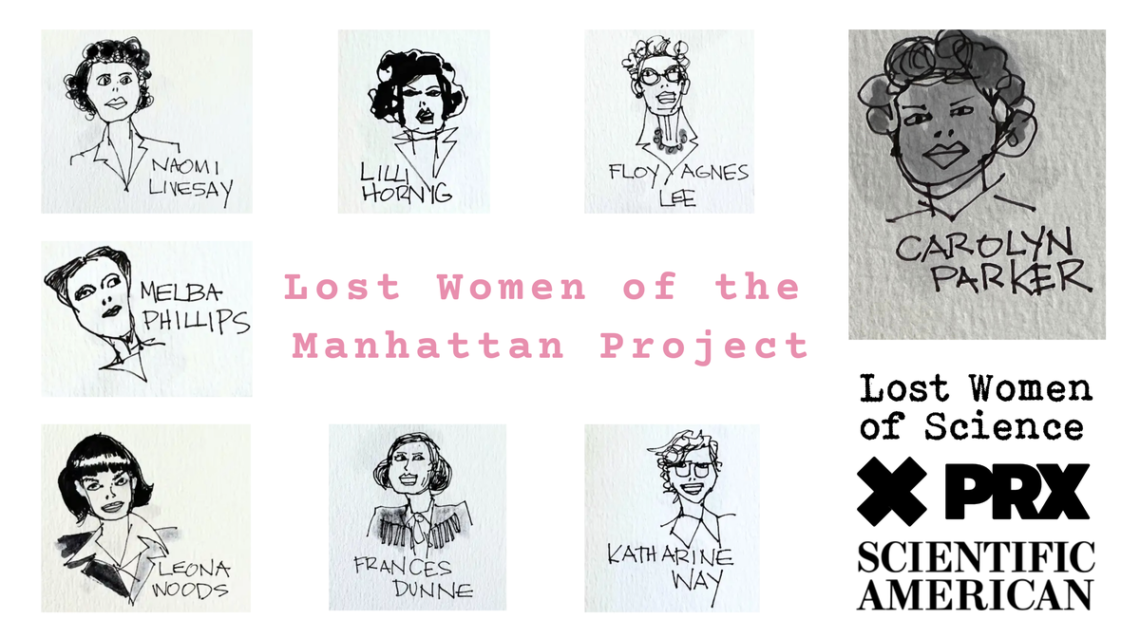Carolyn Beatrice Parker came from a family of doctors and academics, and she worked during World War II as a physicist on the Dayton Project, a critical part of the Manhattan Project tasked with producing polonium. (Polonium is a radioactive metal that was used in early nuclear weapons.)
After the war, she continued her research and, a few years later, resumed her studies at the Massachusetts Institute of Technology. But she died of leukemia at age 48 before she was able to defend her Ph.D. dissertation. Decades later, during the height of the Black Lives Matter protests, the school board of Alachua County, Florida., voted to rename an elementary school in her hometown of Gainesville in her honor. November 18 would have been her 107th birthday.
LISTEN TO THE PODCAST
On supporting science journalism
If you’re enjoying this article, consider supporting our award-winning journalism by subscribing. By purchasing a subscription you are helping to ensure the future of impactful stories about the discoveries and ideas shaping our world today.
TRANSCRIPT
Erica Huang: This is the final episode in our series “Lost Women of the Manhattan Project” that started in 2023. At that time the film, “Oppenheimer,” had just come out and we noticed just how few female scientists were represented in the film. So, in the vein of what we do at “Lost Women of Science,” we wanted to remind people that there were scores of women—physicists, chemists, mathematicians, engineers, researchers—who worked at Los Alamos and the other “Manhattan Project” sites.
And on the week that would have seen her 107th birthday, we’re ending our “Lost Women of the Manhattan Project” series with a tribute to physicist Carolyn Parker, who, more than 50 years after her death, was remembered in an extraordinary way.
NEWS TAPE: Today the Alachua County School Board will have their first public session. Now, just last month, the school district voted to change the name of the school, which was…
Read the full article here

